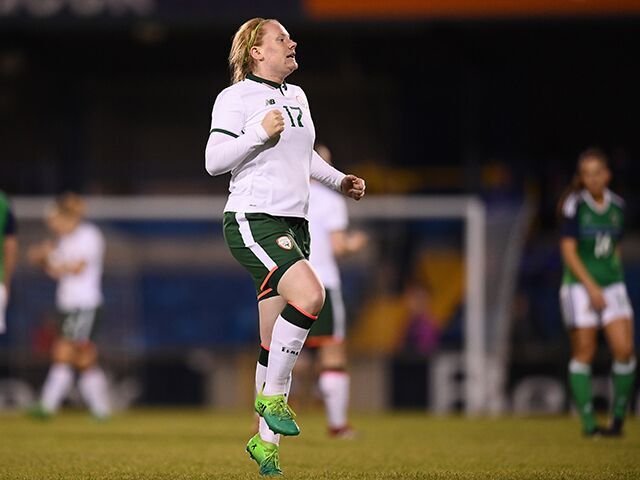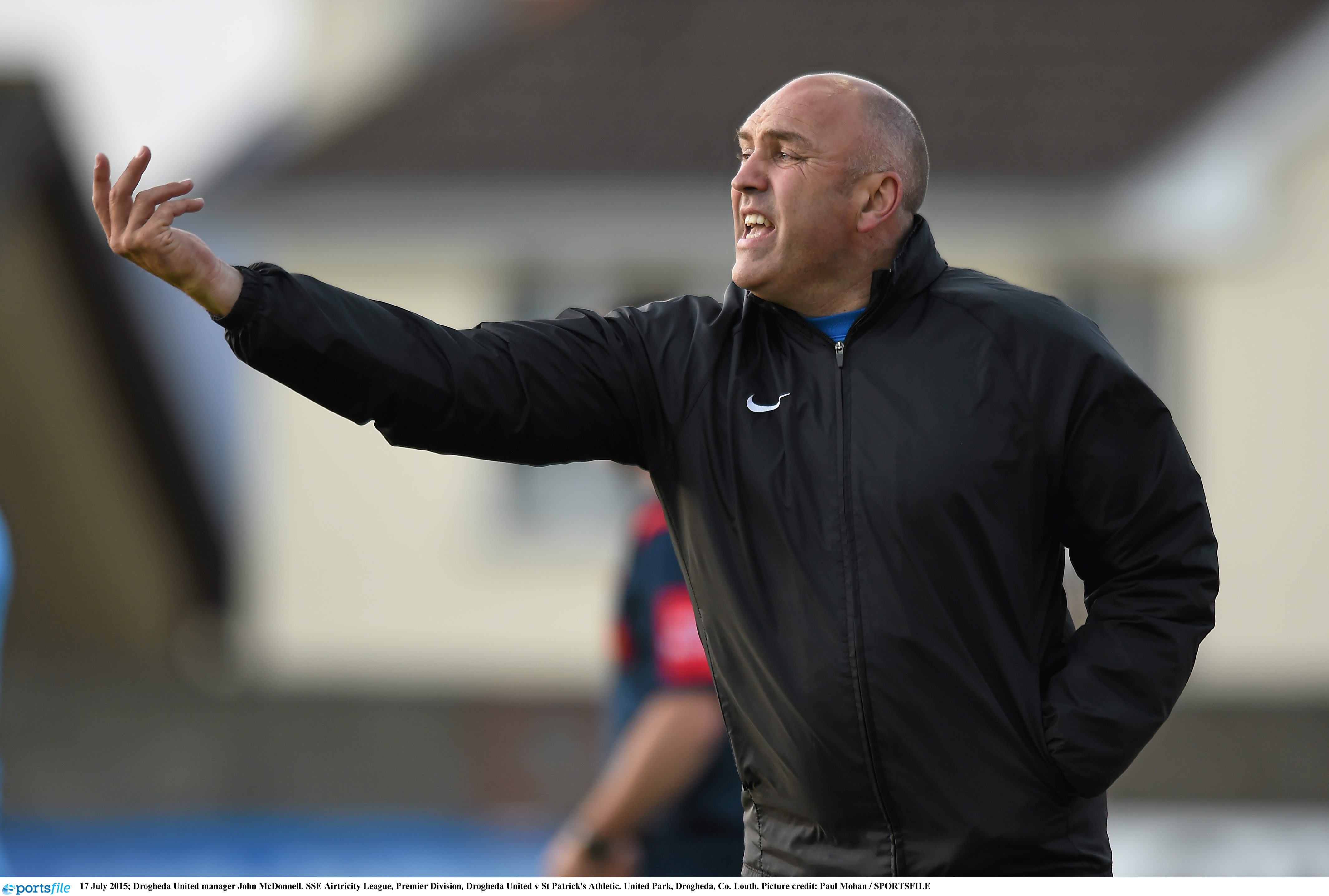
As UCD were winning the Collingwood Cup for a record 35th time – their fifth title in the last seven years – by beating UCC 1-0, a dejected DCU squad were on a coach travelling back to Dublin, reflecting on what might have been. Just over 24 hours previously, an erroneously awarded penalty in their water-tight semi-final against UCC, had cost them, at the very least, a chance to bow out on their own terms.
Having played three games in as many days, which required the players to persevere through a litany of bumps, bruises, knocks and swellings, in addition to maintaining an unwavering focus, the pain of defeat will have been all the more acute because matters had been taken out of their hands. And despite the plethora of positives DCU can take from their experience in the 2013 Collingwood Cup, it will provide little solace to a squad that came to UUJ to win.
For a team to lift the Collingwood Cup they are required to play a minimum of 360 minutes of football over four consecutive days, unless they are fortunate enough to get a bye into the quarter-final stage. This gruelling schedule is compounded by the fact that there are no back door routes to the final, so the outcome of a draw is not possible and, anything short of a win will not be adequate for advancement.
For the four teams eliminated on day one of the competition, there are the semi-finals of the Spillane Cup to contest on the second day of the tournament; the final is played on day three. For those that bow out at the quarter-final stage, they are drawn in the semi-final of the Farquhar Cup, with that final being a prelude to the Collingwood Cup final on the final day. Therefore, for teams that are appropriately motivated, there are various strata of success that can be achieved.
With UUJ, UCD, Mary Immaculate College and RCSI all receiving byes to the quarter-final, there were four other places up for grabs on the opening day. NUI Maynooth took on UL in the morning, simultaneously to DCU and UU Magee. Maynooth won comfortably by 3-1, while Stephen Traynor’s extra-time solo effort was enough to see DCU through after a bruising encounter with UU Magee.
In the afternoon UCC beat NUIG by 2-1 after extra-time, both goals came from Steve Mahon penalties, one of which was awarded questionably- a sign of things to come. Martin Connolly scored for the Galway men. In the final game, Greg Harrison’s goal for Queen’s proved the difference against Trinity.
The first two quarter-finals were populated by the teams that were bye recipients; this gave teams with an extra day of competition under their belt some parity. In a repeat of the 2012 final the champions, UCD, beat Mary Immaculate College by 2-1, with goals coming from Niall Wright and Cillian Morrison. Hosts, UUJ, put the competition on notice with their 4-0 drubbing of RCSI.
Later on in the day, DCU overcame NUI Maynooth by 3-1, with captain, Robbie Gaul coming through 60 minutes without aggravating his ankle injury. UCC won a lopsided contest against Queen’s by 5-0. UL and NUIG won the Spillane Cup semi-finals against UU Magee and Trinity respectively; both games ended 2-1.
Both Collingwood Cup semi-finals were extremely close and played to an impeccable standard. Outside of the aforementioned penalty, there was little or nothing between DCU and UCC, and it looked to be going to more extra-time. Hindsight is 20/20 vision, and there is little point speculating on what might have been. What is certain, is that this match deserved a less contentious conclusion. UCD came from behind to beat UUJ by 2-1, setting up a final between the competition’s most successful teams. NUIG lifted the Spillane Cup after their 4-0 win over UL, and NUI Maynooth likewise with the Farquhar Cup, beating Mary Immaculate College 4-2 on penalties.
Tom Rooney




Leave a Reply